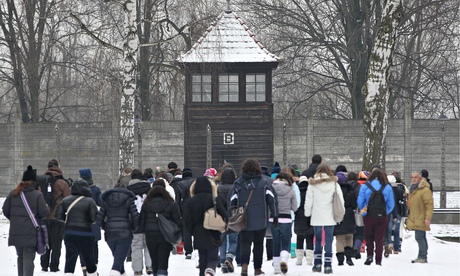
In 1996, urbane Massachusetts academic Professor Clements Olin joins a Zen retreat in the Polish town of Oswiecim: home of his ancestors and of the death camps of Auschwitz-Birkenau.
Ostensibly researching the interned writer Tadeusz Borowski, Olin remains on the periphery of the main group of would-be witness-bearers – an artfully ecumenical cohort of Israeli intellectuals, taciturn Poles, priests, rabbis, descendants and the occasional, silent survivor – who together form the ensemble cast of Peter Matthiessen's final novel. By day they wander the railway tracks and compounds of the camps; by night their meetings become a crucible in which "metastasising animosities" are exposed and probed.
Matthiessen is scrupulous in his endeavour, mediated through Olin, to map the complex inheritance of the camps, resisting attempts to frame the "huge cold crimes" which saturate the landscape; yet ultimately both author and protagonist choose to abdicate their quest for a deeper intellectual response in pursuit of more consoling narratives: family, love, religion. Before his death earlier this year, Matthiessen commented that, "as a non-Jewish American journalist" he felt "unqualified" to reflect on the experience of the camps in nonfiction. In Paradise is powerfully lyrical and atmospheric, though perhaps inevitably the Arendtian questions at its heart remain, in the end, imperfectly answered.

